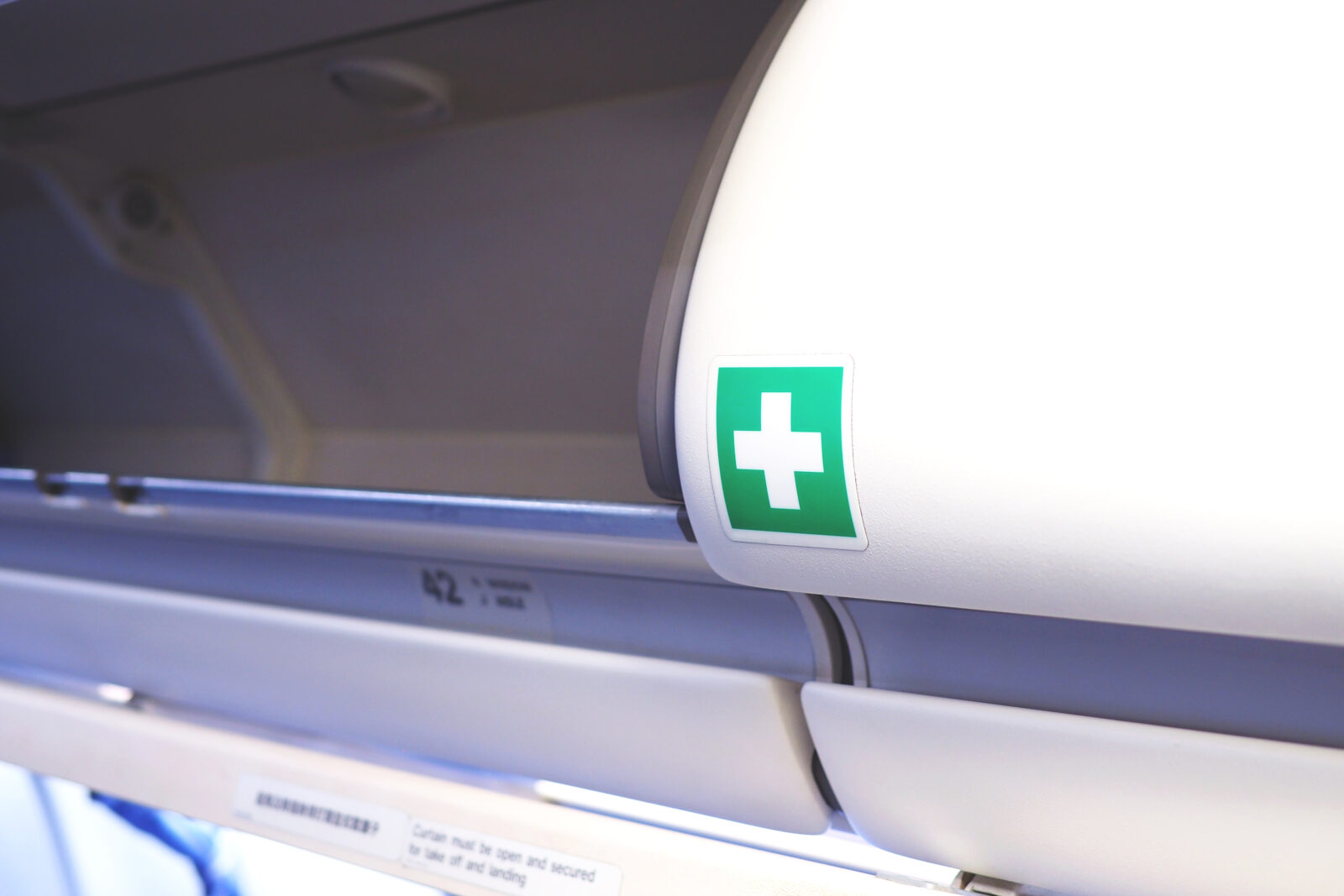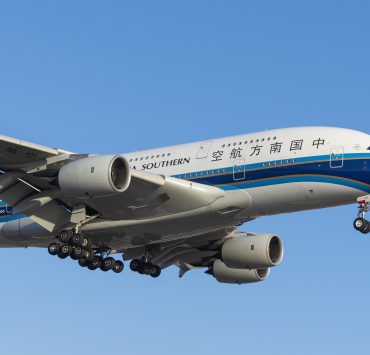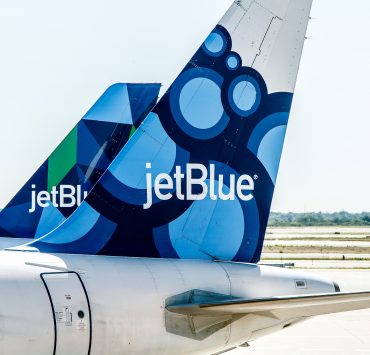
The Federal Aviation Administration (FAA) has rejected a plea by a California-based nurse to carry out a review of the contents of emergency medical kits that airlines are required to have onboard in a bid to get advanced medical devices, and medication carried on all commercial flights.
Michelle Flores of La Palma, California, was prompted to request an intervention from the FAA following a flight from Los Angeles to New Jersey last October when flight attendants asked for help to deal with a serious inflight medical emergency.
After volunteering to help, Michelle quickly came to the realization that airlines aren’t required to carry medical equipment that can play a “critical” part in effectively triaging a patient and giving healthcare professionals crucial information to identify treatment options.
Michelle points out that one of the most common forms of an inflight medical incident is a faint, but many airlines lack the basic equipment to assess blood glucose level, blood pressure, and oxygen saturation that would be routinely performed if someone experienced a syncope on the ground.
The FAA last made changes to what airlines must carry in their ‘Emergency Medical Kit’ in 2006, and the current mandatory contents include basics like a stethoscope, CPR mask and syringes, as well as medications such as antihistamine, injectable dextrose and epinephrine.
Some airlines carry much more than this, but Michelle wants “advanced medical devices and medications, such as cr” to be considered the minimum standard.
“Recalling the events during my flight, using the manual blood pressure cuff and the changes in cabin pressure caused difficulty in auscultating the passenger’s blood pressure,” Michelle said of her experience.
During the medical emergency Michelle got involved with, flight attendants had to ask other passengers if they had their own automated blood pressure cuff and oxygen saturation meter.
Making the case for the inclusion of a glucose meter, automated blood pressure cuff and oxygen saturation meter, Michelle said: “All three of these devices are essential in saving the lives of passengers and crew during in-flight medical emergencies, and their absence can put lives at risk.
In response, the FAA told Michelle that making changes to the contents of the inflight emergency medical kit wasn’t currently a priority for the agency and, as a result, officials wouldn’t further consider the inclusion of the medical equipment that Michelle had pleaded for.
“Each year, the FAA prioritizes its rulemaking projects based on issues that are important to the safety and security of the aviation community and the traveling public to ensure the FAA delivers the most value to the aviation system consistent with available resources,” the agency wrote.
“After reviewing your petition based on the considerations found in § 11.73, and the current priorities for the FAA, the FAA has determined that your petition does not meet the criteria to pursue rulemaking at this time.”
Last week, a physician who unexpectedly suffered a potentially life-threatening allergic reaction on a Southwest Airlines flight called on the airline to voluntarily carry EpiPens on its aircraft.
Dr Lindsey Ulin was flying with Southwest from Phoenix to Austin when she suddenly started to suffer a severe allergic reaction without warning. Epinephrine is, of course, a mandatory part of the in-flight emergency medical kit, but it is supplied in an ampule which must be administered by syringe.
In effect, a life-saving dose of epinephrine can only be delivered if there happens to be a willing and able healthcare provider onboard who can inject the drug into the patient.
“Depending on either a healthcare provider being on the flight or someone on the plane having an Epipen with them is not a safe or effective emergency preparedness strategy,” Dr Ulin wrote in a tweet to Southwest Airlines.
Southwest Airlines did not respond to a request for comment on whether it would now start carrying EpiPens on its flights.
In 2019, the FAA agreed that airlines should consider carrying Narcan – a drug that can quickly reverse the effects of an opioid overdose. Both American Airlines and Delta now carry Narcan (which is also known as Naloxone) following a tragic incident in 2019 when a passenger died of an overdose on a Delta flight from Boston to Los Angeles.
The young man was found with a needle sticking out of an arm, unconscious and slumped in one of the plane’s lavatories as it made its descent into LAX. Flight attendants and passengers tried to save the man, but without access to Narcan, it was a futile effort.
Mateusz Maszczynski honed his skills as an international flight attendant at the most prominent airline in the Middle East and has been flying throughout the COVID-19 pandemic for a well-known European airline. Matt is passionate about the aviation industry and has become an expert in passenger experience and human-centric stories. Always keeping an ear close to the ground, Matt's industry insights, analysis and news coverage is frequently relied upon by some of the biggest names in journalism.










https://www.nbcbayarea.com/news/california/socal-nurse-calls-for-improved-medical-kits-on-flights/3252506/?amp=1
This is Michelle and I appreciate you writing about my experience. I want to send you the link above as part of the updates to this story. Thanks